Digging Up New Ideas: FIRST LEGO League's UNEARTHED Season Begins
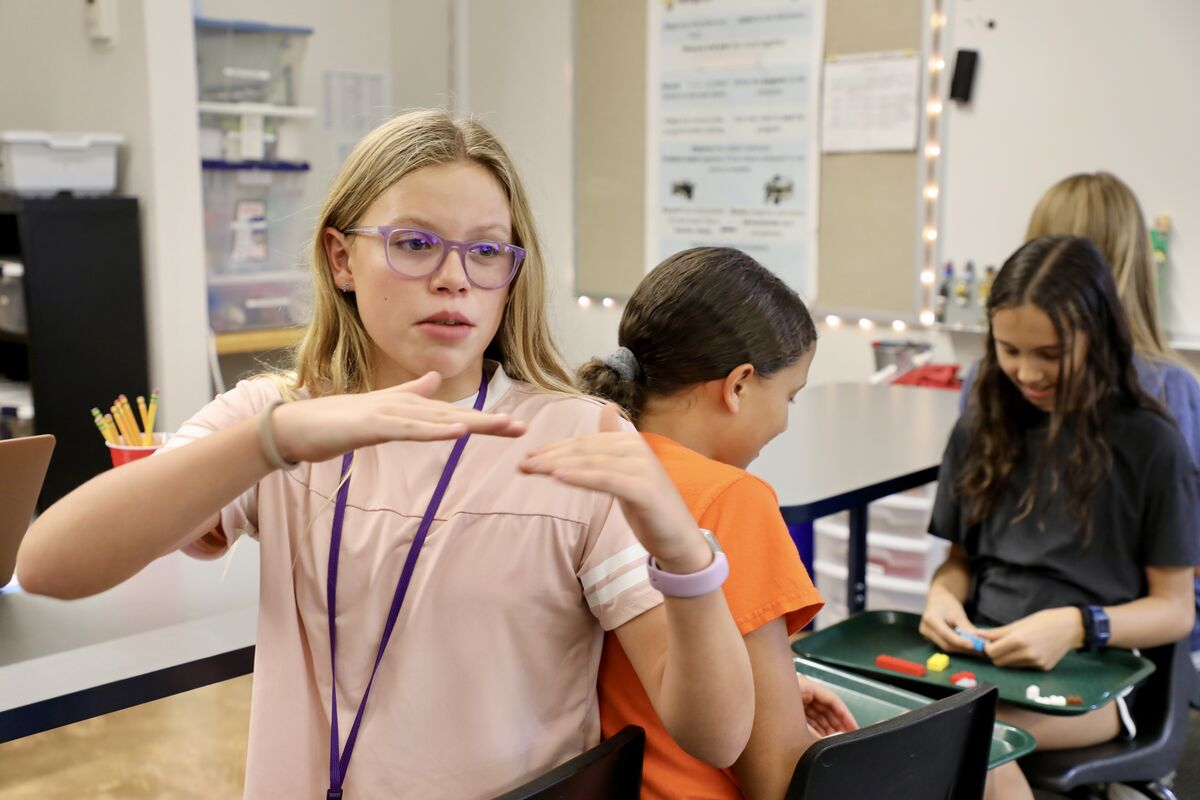 Catalina Foothills School District’s after-school Community Schools program has opened the FIRST LEGO League (FLL) season, UNEARTHED, at Sunrise Drive and Ventana Vista. Less like a science fair and more like a field laboratory, FLL invites students to study how we uncover the past—and then apply those methods to design for the future. The program welcomes participants from all CFSD elementary and middle schools.At the Ventana Vista robotics lab, 20 students from Ventana Vista and Esperero Canyon meet weekly with coaches Noah Mickey-Colman, Maura Baker, and Michael George to prepare for the regional tournament. Each session advances three threads at once: core values, robot design and programming, and the Innovation Project.
Catalina Foothills School District’s after-school Community Schools program has opened the FIRST LEGO League (FLL) season, UNEARTHED, at Sunrise Drive and Ventana Vista. Less like a science fair and more like a field laboratory, FLL invites students to study how we uncover the past—and then apply those methods to design for the future. The program welcomes participants from all CFSD elementary and middle schools.At the Ventana Vista robotics lab, 20 students from Ventana Vista and Esperero Canyon meet weekly with coaches Noah Mickey-Colman, Maura Baker, and Michael George to prepare for the regional tournament. Each session advances three threads at once: core values, robot design and programming, and the Innovation Project.Activity: Blind Build
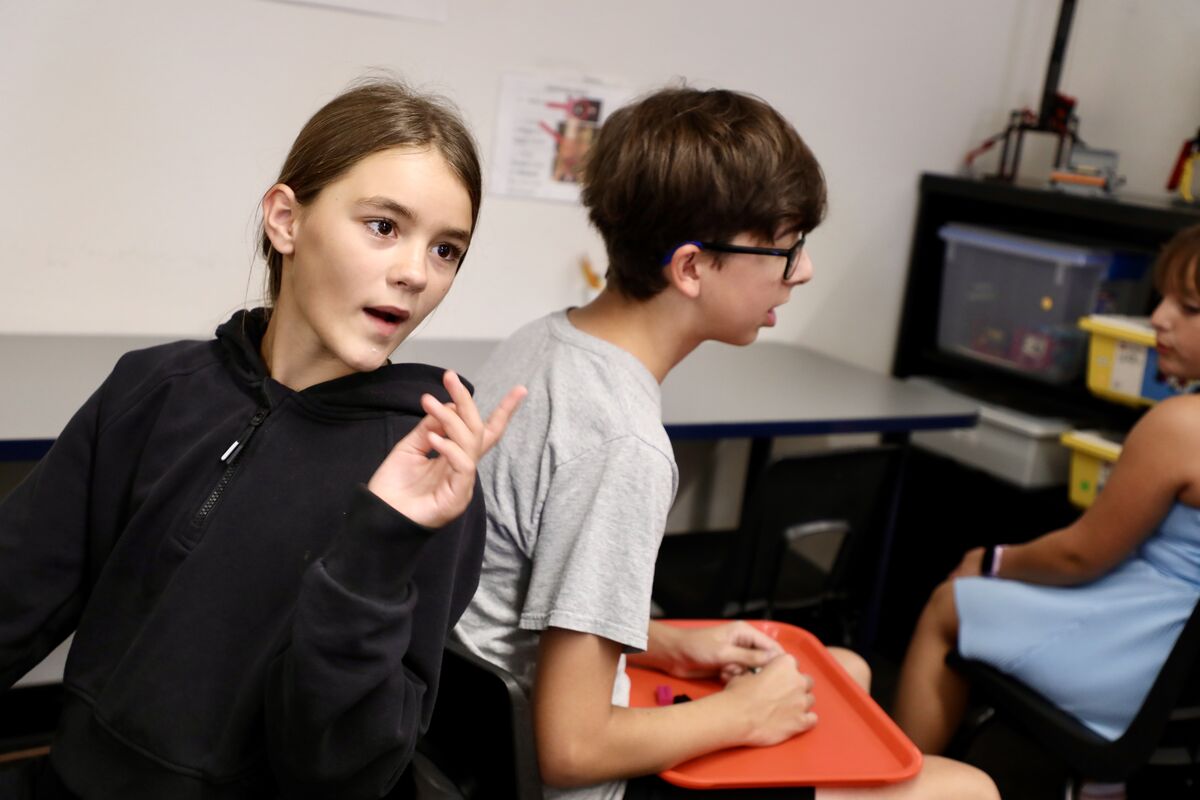
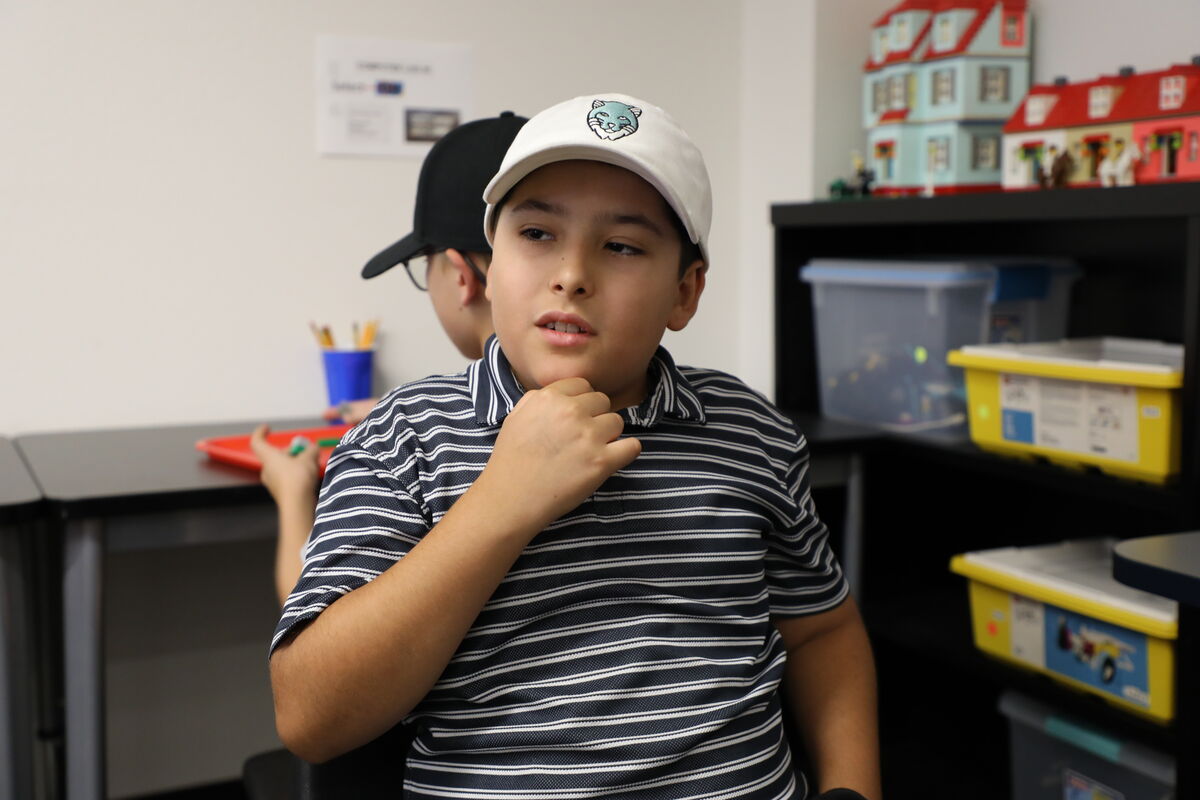
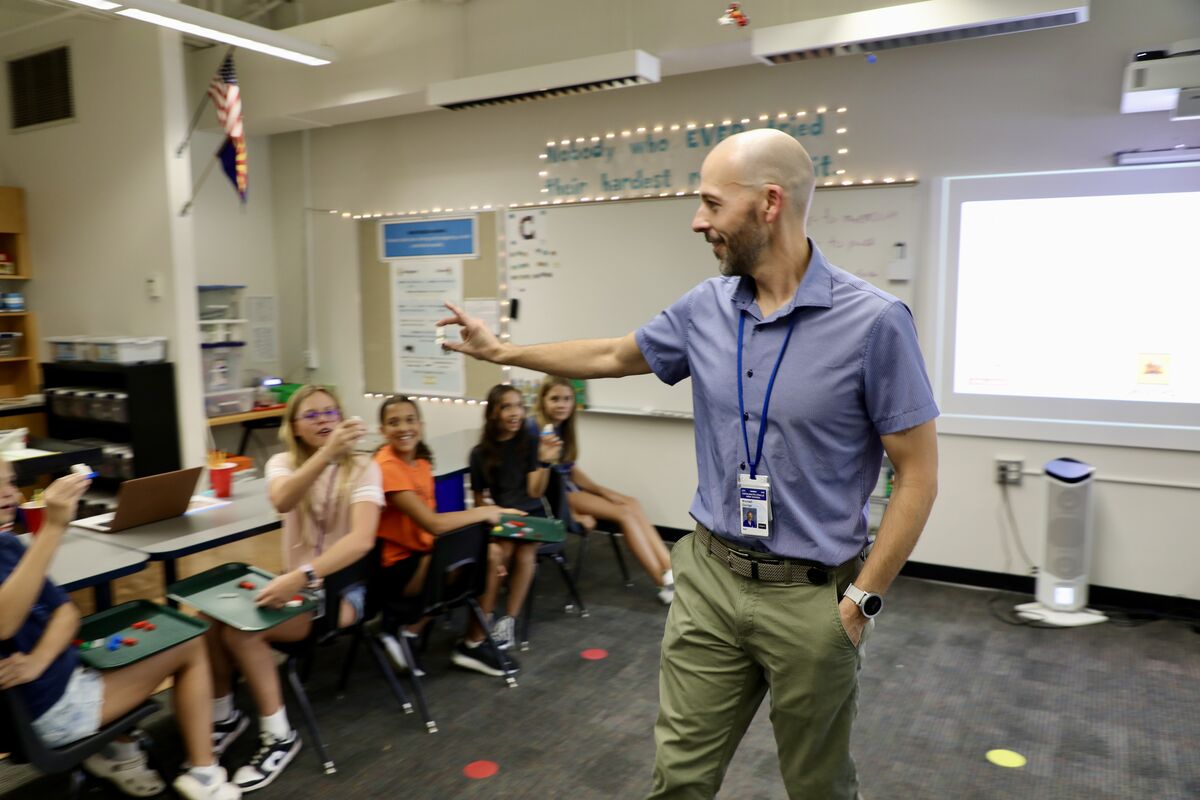
Robot build & design
Under the guidance of Coach M-C and Coach George, half of the students held a robot scoring session. Teams ran quick mission challenges to test and evaluate robots on durability, consistency, adaptability, mission strategy, and mechanical efficiency.
Throughout the season, students must build and code a robot to complete a sequence of missions within a 2.5-minute match. In their engineering journal, they will log every change (what was tried, what worked, what failed, and why). These notes become evidence in the Robot Design judging session, and they will have to communicate that design to the judges at the regional tournament. In matches, teams will play the robot game where the robot launches from the start area, attempts missions, and then returns to a home location. At the regional tournament, teams play three matches; the highest score counts for awards.
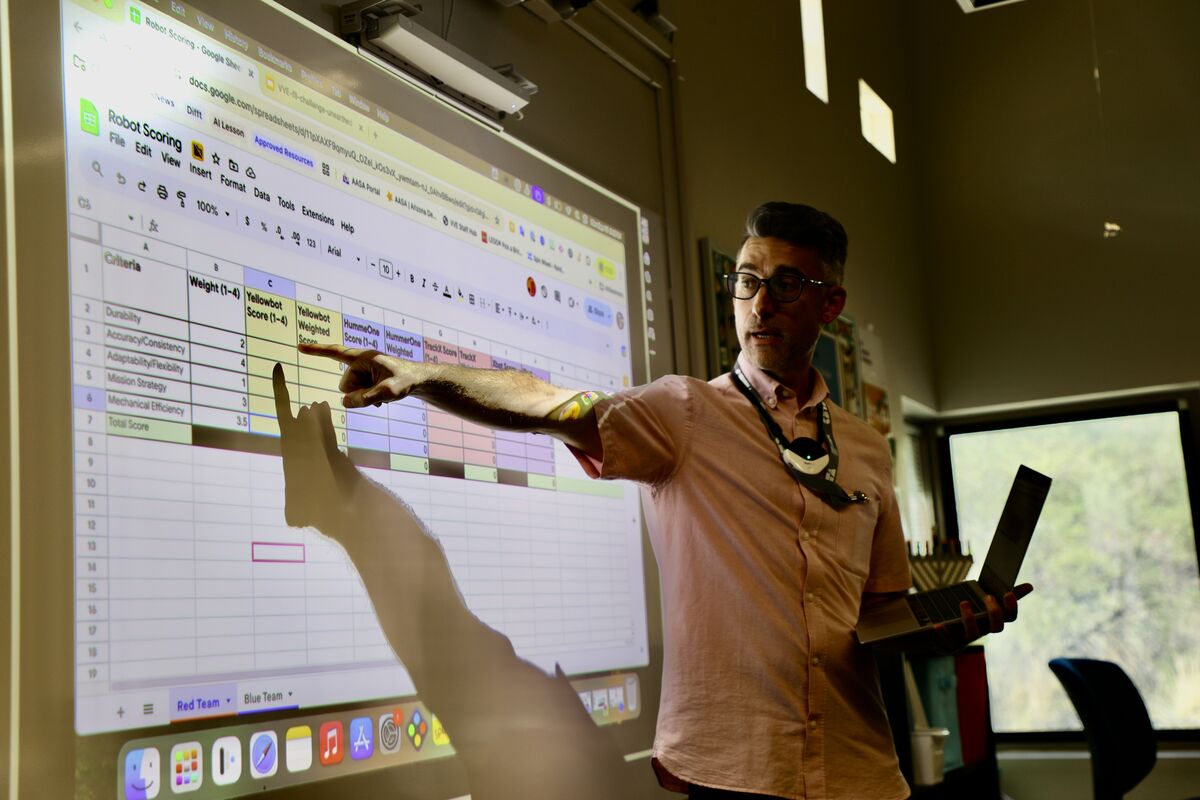
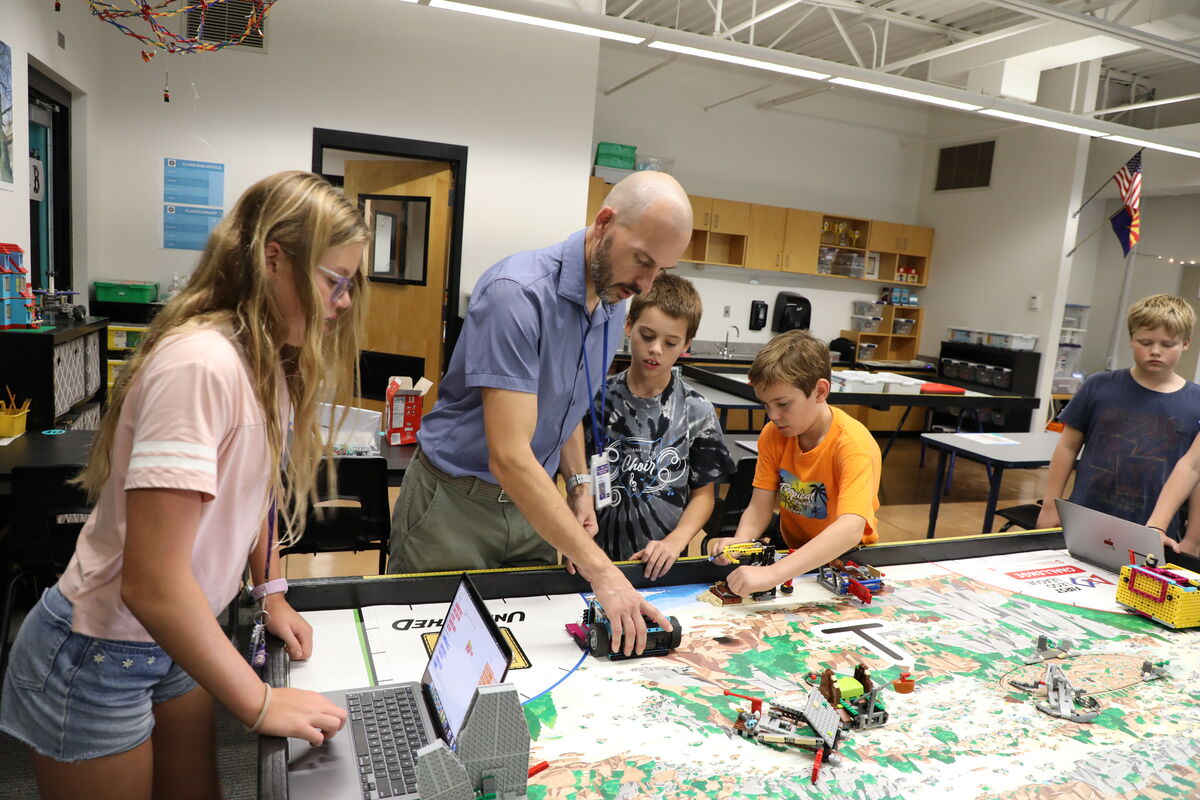
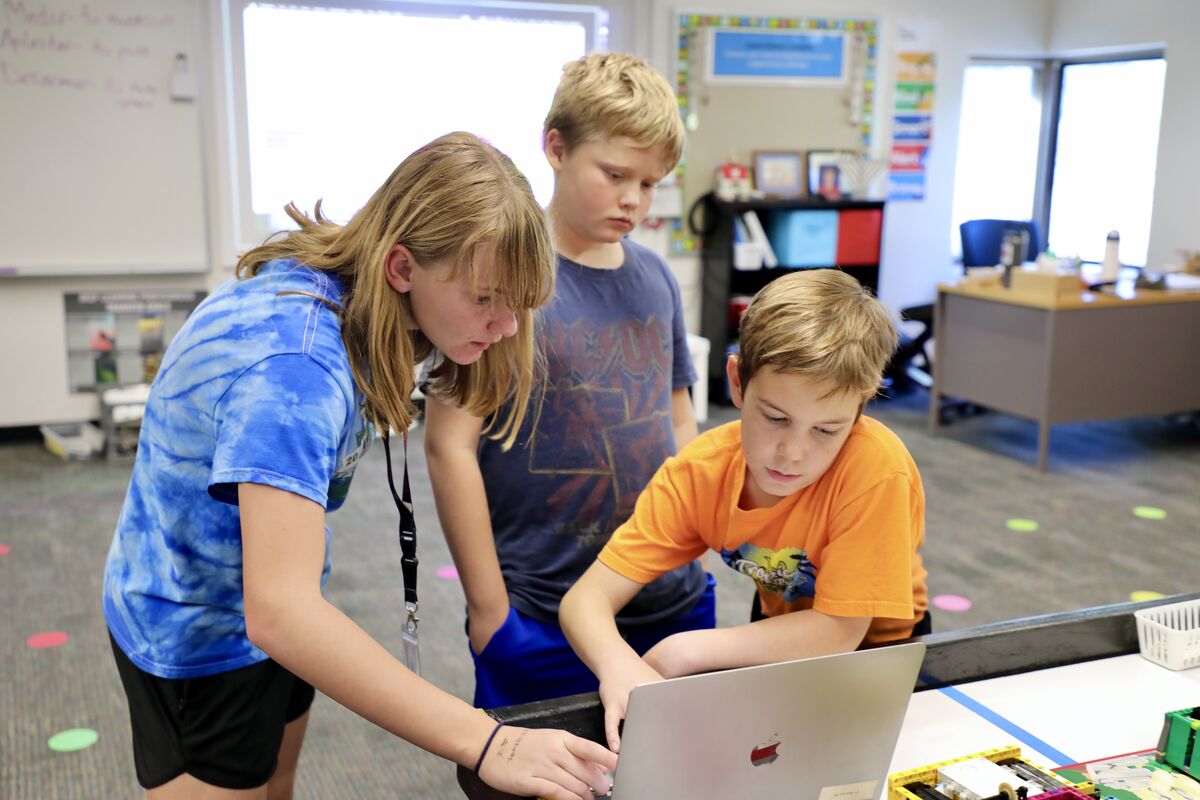
Developing the Innovation Project
- Authenticity: Do archaeologists actually face this problem?
- Local impact: Would the solution benefit our community?
- Feasibility: Can students research and test it within season limits?
- Patentable: Can we make this and get a patent for it?
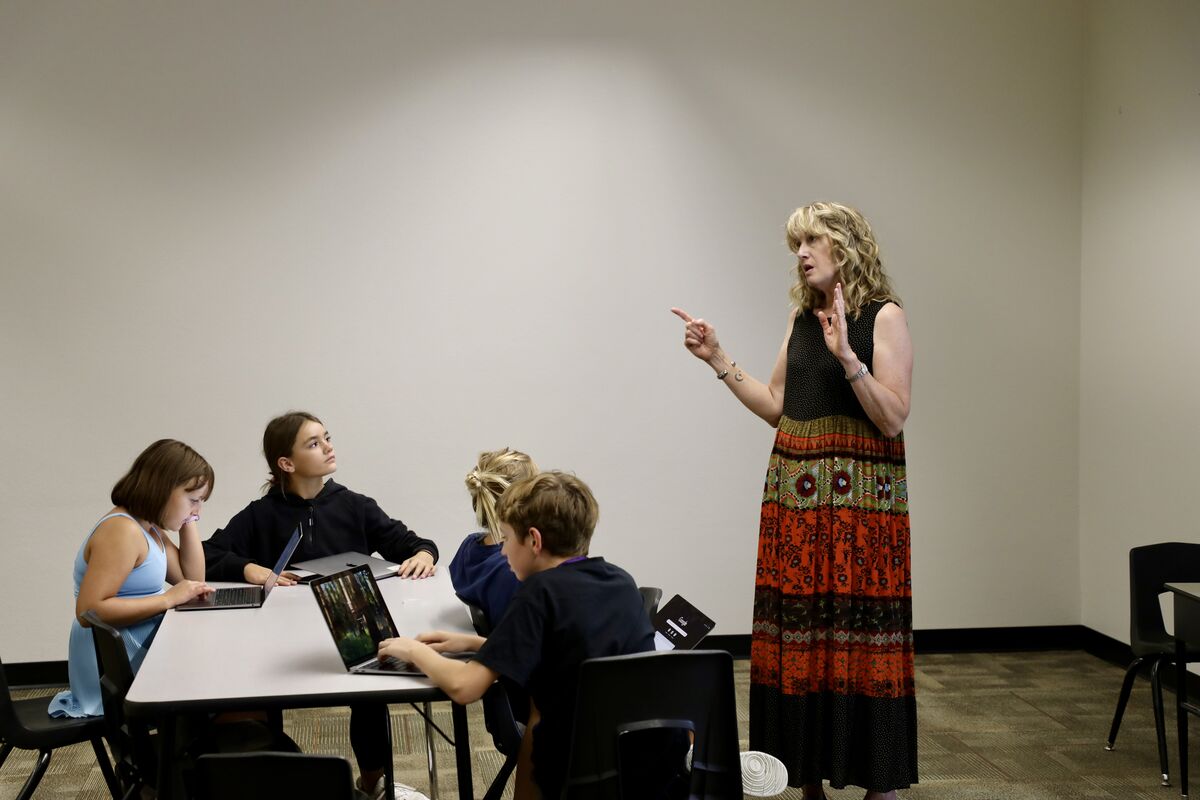
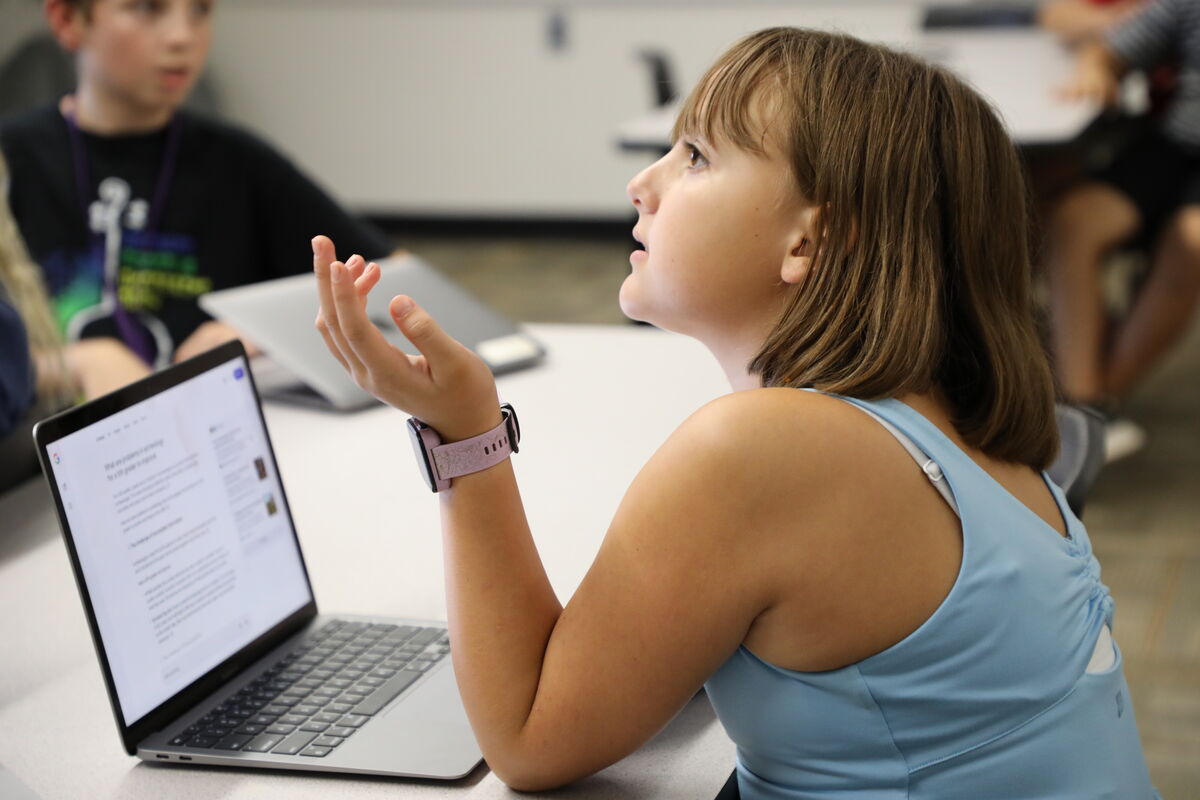
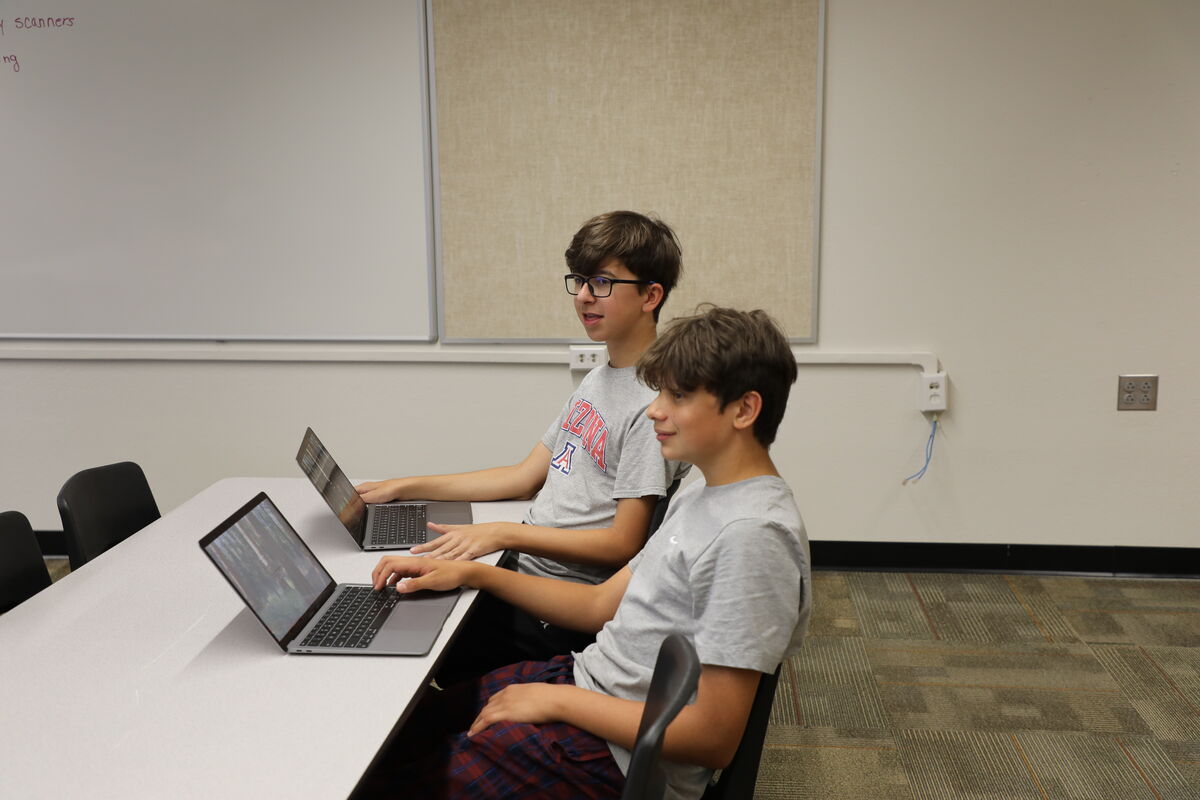
What’s next
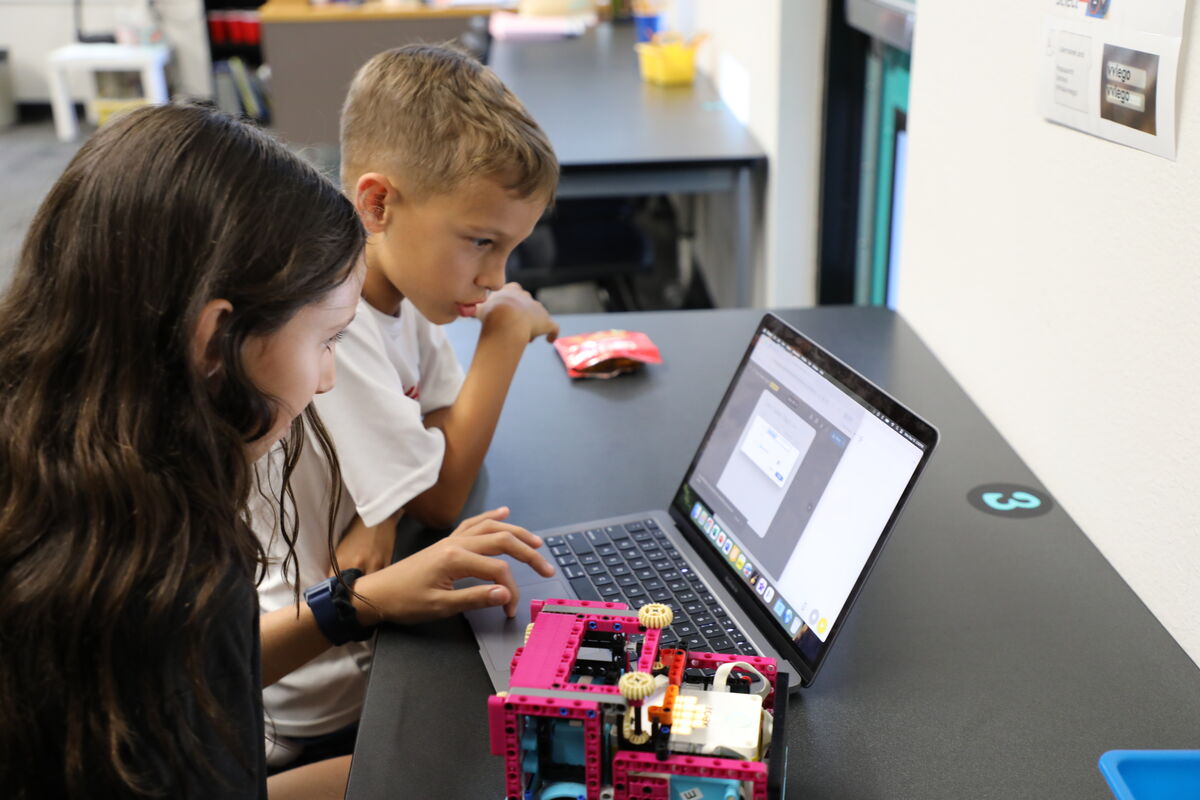
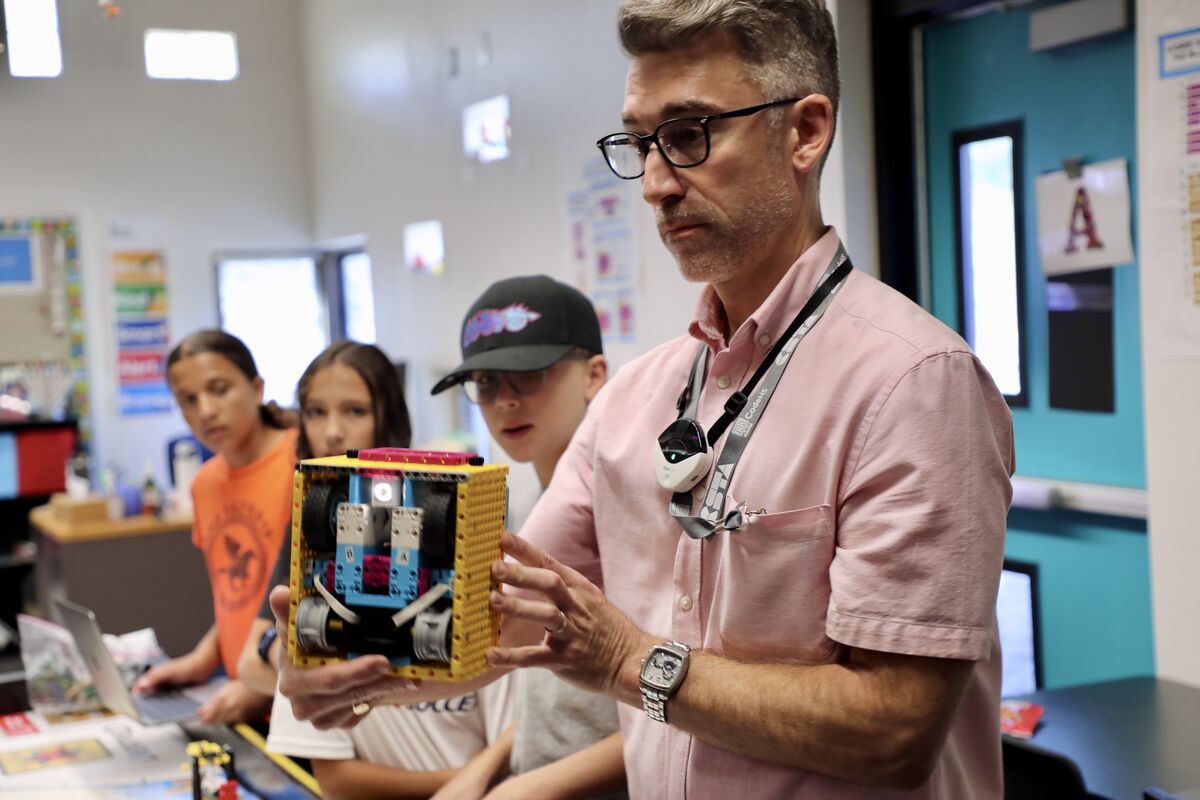

 Additional settings for Safari Browser.
Additional settings for Safari Browser.


